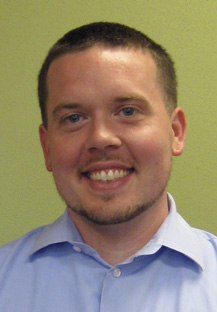
By Zach Wilson, Educational Services Director of School’s Out Washington
“As parents, it is difficult for each of us to weigh the questions of “What’s best for my child?” and “What’s best for all children?” because the answers to these questions might not be the same.”
– Zach Wilson
As always, this episode of “Please Speak Freely” offers thought-provoking insights and important considerations for people committed to serving youth. This piece touches on the internal conflict that many people experience, especially if we are parents. We have probably asked ourselves, “How is my work impacting young people?” and “Would my service be more impactful elsewhere?” As educators and mentors, we have opportunities to create deep impacts within communities and on the youth and families we serve. On the flip side, whether it’s through training, advocacy, or within other systems that are intended to support youth, there are also roles through which we can effectively reach many communities.
Will Power has figured out a way to reach young people through a variety of amazing services. Yet he still has internal questions about whether working with college students has the same impact as working with younger adolescents. The fact that he is grappling with these questions is a sign of his strong commitment to working with youth. We all should ask, “How is my work impacting young people?”
Where this becomes the most important is when we become parents. We all have values and beliefs about the ways we support youth success in school and in life. Our perspectives are clearly shaped by our current and past roles and life experiences, both professional and personal. As parents, it is difficult for each of us to weigh the questions of “What’s best for my child?” and “What’s best for all children?” because the answers to these questions might not be the same.
As a parent of a 3-year-old boy, this episode hit home for me in many ways. I don’t have it all figured out. It is crucial to ask these questions and engage in critical conversations. Important considerations must include the disparities within our country’s K-12 education system and the history that has led to disadvantages for young people of color. I find it most disappointing when white and/or privileged parents fail to ask these questions at all. We must continue to have these discussions as a society, in our homes, and with our families. We must take action as educators and parents.
The other day I heard about a speaker at a community event. He said something like, “We need to treat all young people as though they were our own.” I wasn’t surprised to hear that the speaker was not a parent, not because I disagree with him, but because I know how difficult this would be for me, as a parent, to say. I care deeply for the youth I served directly and the youth that are impacted by my work. However, the love I have for my son is like no other. My hat is off to both Eric and Will for what they do both as fathers and as educators.